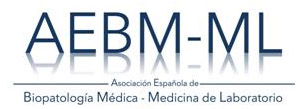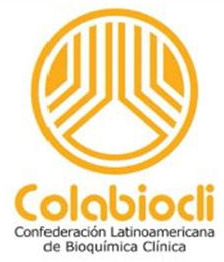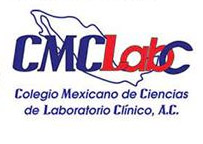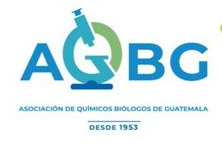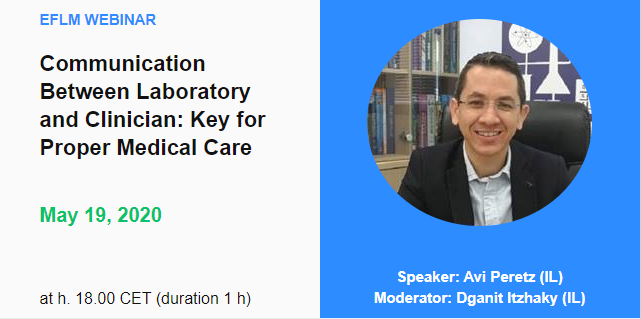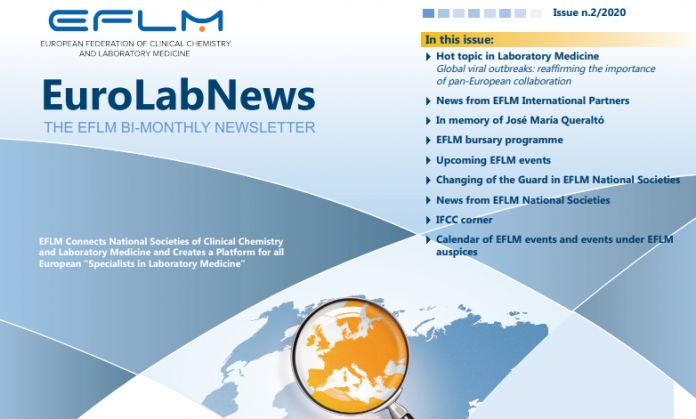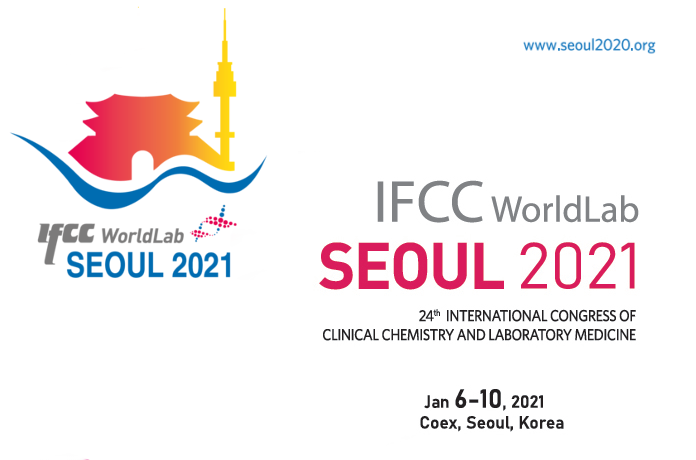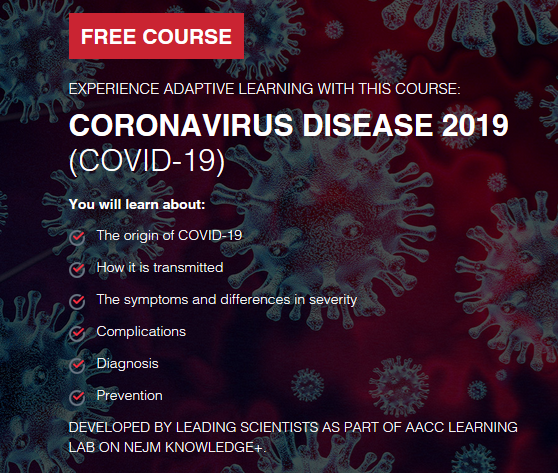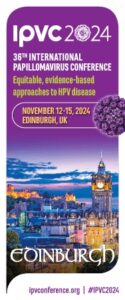A drug already tested against lung disease could potentially inhibit COVID-19 by reducing the coronavirus load that enters the lungs and other organs. That is according to a study in human cell cultures and organoids by researchers at Karolinska Institutet in Sweden and the University of British Columbia (UBC) in Canada, published in the journal Cell.
The results could be promising for the treatment of COVID-19 patients who are in the early stages of infection, according to the researchers.
“Our study provides new insights into how SARS-CoV-2 infects the cells of the body, including in blood vessels and kidneys,” says Ali Mirazimi, adjunct professor at the Department of Laboratory Medicine at Karolinska Institutet and one of the study’s corresponding authors. “We hope that our results can contribute to the development of a novel drug treatment that can help patients with COVID-19.”
The researchers used tissue samples from a patient with COVID-19 to isolate and cultivate SARS-CoV-2, the virus that causes the disease COVID-19. In cell cultures, they were able to show how the spike protein in SARS-CoV-2 binds to a cell surface receptor called angiotensin converting enzyme 2 (ACE2) in order to enter our cells. It is the same mechanism that the original SARS-virus from 2003 used to bind to our cells, and which has been described by several of the researchers in previous studies.
By adding a genetically modified variant of this protein, called human recombinant soluble angiotensin-converting enzyme 2 (hrsACE2), the researchers wanted to test if the virus could be stopped from infecting the cells.
The result now published shows that hrsACE2 reduced viral growth of SARS-CoV-2 by a factor of 1,000 to 5,000 in cell cultures. The result was dose dependent, meaning it varied depending on the total amount of virus in relation to the total amount of hrsACE2. The authors were also able to verify these data from regular cell cultures in engineered miniature replicas of blood vessels and kidneys, so-called organoids grown from human stem cells.
“We believe adding this enzyme copy, hrsACE2, lures the virus to attach itself to the copy instead of the actual cells,” Mirazimi says. “It distracts the virus from infecting the cells to the same degree and should lead to a reduction in the growth of the virus in the lungs and other organs.”
The research has so far been limited to cell cultures and engineered miniature organs, but the biotech company Aperion Biologics, which develops the drug APN01 with the active substance, is planning to conduct a clinical pilot study on infected COVID-19 patients in China. The same drug has already been tested against lung disease in a clinical phase II study.
The researchers note that the current study only examined the drug’s effect during the initial stages of infection and that further research is needed to determine if it is also effective during later stages of disease development.
ACE2 usually helps lungs and other organs to maintain normal function but when viruses bind to the protein they could damage the cells. This could, according to the researchers, explain why some COVID-19 patients suffer severe lung disease and multi-organ failure.
With the help of the organoids, the researchers were also able to show that the virus can directly infect and multiply itself in blood vessels and kidneys. This provides important information on the development of the disease and the fact that severe cases of COVID-19 present with multi-organ failure and evidence of cardiovascular damage. hrsACE2 also reduced the SARS-CoV-2 infection in these engineered human tissues.
“The virus causing the COVID-19 is a close sibling to the first SARS virus,” says Josef Penninger, professor in UBC’s faculty of medicine and co-corresponding author of the study. “Our previous work has helped to rapidly identify ACE2 as the entry gate for SARS-CoV-2, which explains a lot about the disease. Now we know that a soluble form of ACE2 that catches the virus away, could indeed be a very rational therapy that specifically targets the gate the virus must take to infect us.”
Source: eurekalert






